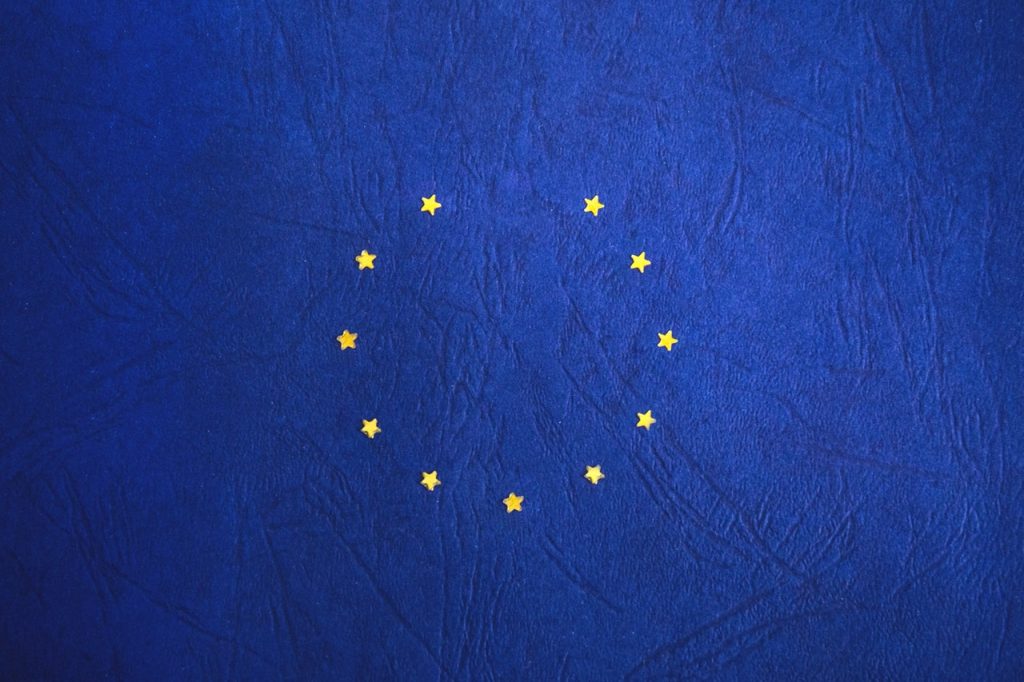The 29th of March 2019 has passed by and the 12th of April is getting very close. At the time of writing we are now hearing about a “flextension”. It seems that uncertainty will prevail until the ink is dry on a withdrawal agreement and a Statement of future relationship between the EU and the UK.
We at Actus are being asked a great deal about the implications of Brexit., particularly about travel and residence governing citizens between the two islands and indeed north of the UK Irish border.
In the light of this what is going to happen?
Stability points
- The situations of EU / EEA nationals in Ireland remain unchanged.
- UK nationals in Ireland: Brexit will be marked by a reversion to pre EEC arrangements for both Ireland and the UK. The CommonTravel Area dating from the 1920’s will move into the foreground and underpin the capacities to reside and work of UK and Irish citizens in both jurisdictions. Considerable work has been undertaken by both jurisdictions to ensure that CTA derived arrangements regarding pensions/ Social security contributions etc. are placed on a sustainable footing.
The Miscellaneous Provisions (Withdrawal of the United Kingdom from the European Union on 29 March 2019) Bill progressed through the Dail and Seanad during February and March. If there is a UK crash out the President will immediately sign the bill into law,
The proposed laws cover a wide range of areas and focuses on protecting UK / Irish citizens’ rights, supporting businesses and jobs, healthcare, transport, education and energy.
There is a lot going on and the eggs are still in free fall. The purpose of the bill is to minimize the level of breakage in terms of UK / Irish citizens’ rights and sustain the continued provision of basic services.
Common Travel Area
We reference the Department of Foreign Affairs’ briefing in full as it sets out the Irish government’s position regarding the future use of this instrument and defines the capacities of both UK and Irish citizens with respect to their own and each other’s jurisdictions. The briefing is instructive:
The CTA is a long-standing arrangement between Ireland and the UK which means Irish citizens can move freely to live, work, and study in the UK on the same basis as UK citizens and vice versa. It provides for associated rights and privileges including access to employment, healthcare, education, and social benefits, as well as the right to vote in certain elections. Considerable progress has been achieved bilaterally with the UK over the past year involving several Departments in what has been a whole-of-Government exercise.
The CTA is an arrangement that is valued on both islands. Both the Government of Ireland and the UK Government have committed that the CTA will be maintained in all circumstances. The CTA pre-dates Irish and UK membership of the EU and is not dependent on it. The CTA is recognised in Protocol 20 to the EU Treaties, which acknowledges that Ireland and the UK may continue to make arrangements between themselves relating to the CTA while fully respecting the free movement and other rights of EU citizens and their dependents. Protocol 20 will continue to apply to Ireland after Brexit.
Detailed bilateral work with the UK has continued, including in the social security, health and education sectors. Arrangements relating to immigration continue to be led by the Minister for Justice and Equality through long established structures. Ireland’s shared aim with the UK throughout has been to ensure that the necessary arrangements are made in both countries so that the CTA continues to function effectively after the UK leaves the EU – irrespective of whether there is an orderly Brexit or a “no deal” scenario.
Neither Irish citizens in the UK nor British citizens in Ireland are required to take any action to protect their status and rights associated with the CTA. After the UK leaves the EU, both Irish citizens in the UK and British citizens in Ireland will continue to enjoy these rights. Both Governments have committed to undertaking all the work necessary, including through legislative provision, to ensure that the agreed CTA rights and privileges are protected.
This position is endorsed and consolidated by Charlie Flanagan Minister of Justice. In his 29th March briefing he states:
The Common Travel Area is a key area and affects nearly everyone on this island. A great deal of research was required to establish the clear basis of the CTA and delineate the legal and administrative arrangements associated with it. Furthermore the legal implications of the reference to the Common Travel area in Protocol 20 to the European Union Treaties had to be explored. Having clearly documented the origins and evolution of the Common Travel Area, my officials, as part of a team led by the Taoiseach’s Department and the Department of Foreign Affairs, were in a position to make the case to the Commission that the CTA was a valid pre-existing bilateral arrangement that did not conflict with EU law. Fortunately, the UK from the outset made clear their intent to maintain the Common Travel Area and the Commission were conscious of its importance in the context of Northern Ireland.
It is now accepted by both the UK and the EU that the Common Travel Area can remain whether or not there is a Withdrawal Agreement.
EU Treaty Rights applications post Brexit
On 12 April 2019, the United Kingdom will leave the EU and become a third country (unless the negotiating period is extended). We do not know yet if the draft Withdrawal Agreement will be ratified on that date. However, if the draft Withdrawal Agreement is ratified before then, EU law will cease to apply to and in the UK on 1 January 2021, i.e. after a transition period of 21 months. In circumstances where the Withdrawal Agreement is not ratified before 12 April 2019, there will be no transition period and EU law will cease to apply to and in the UK as of 11pm (midnight CET) on 12 April 2019. This is referred to as the “no deal” scenario.
The summary advice from the Department of Justice / INIS is as follows:
If your application is still being processed – At this stage, no specific action is required from you .
If you are the holder of a valid Stamp 4 EUFam card – As a person who is currently entitled to avail of the European Communities (Free Movement of Persons) Regulations 2015, you should have no concerns regarding your continued residence in Ireland after the 12 April 2019. In a no-deal scenario you will no longer be subject to the provisions of the Free Movement Directive and the exercise of EU Treaty rights and entitlements. However, arrangements are being put in place for non-EU/EEA family members of UK citizens who have been exercising Free Movement rights in Ireland up to 12 April 2019 to facilitate their transfer under domestic immigration arrangements to provide for their continued residence in the State. Insofar as possible, the objective is to retain similar rights to those that you would have enjoyed as a family member of an EU national including access to the labour market.
We would anticipate that travel to other EU Jurisdictions would become visa required if the non EU/EEA family member is themselves a visa required national.


